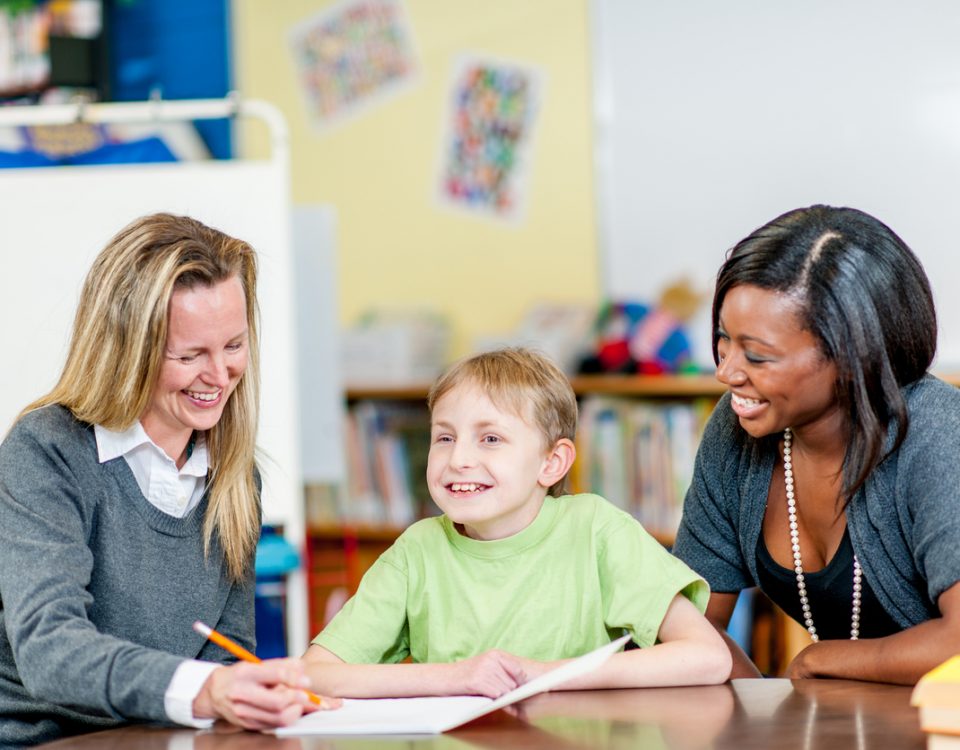5 IEP Goals for Kindergarteners

Autism Acceptance Month: A Fresh Perspective
May 3, 2021
5 Steps for Positive Political Engagement
May 24, 20215 IEP Goals for Kindergarteners
An individualized education plan is a legal document educators use to detail strategies for teaching a child with learning disabilities. An IEP must contain explicit goals, the date the child will reach them, and ways the teacher will measure success. Here are five of the most important learning outcomes for special education teachers to include in an IEP for kindergarteners.
Besides reading, writing, and arithmetic, note that social and emotional skills also make the list for kindergartener’s IEP Goals.
1. Reading
Reading or, as educators now call it, English language arts is the most important skill for a child to master by third grade. In kindergarten, students build the foundation for reading by learning to recognize letters and know the sounds they make. A reasonable goal at this age would be for a child to identify all lowercase and uppercase letters of the alphabet and verbally make the sounds each letter represents.
2. Writing
Writing is challenging for those with certain learning disabilities because it involves the interaction of so many physical and mental skills. A reasonable goal is for a kindergartener to be able to copy each uppercase and lowercase letter of the alphabet neatly enough that another person can discern which letter it is. Writing the entire alphabet on their own is too challenging for learners at this stage and is more appropriate of a goal for first-graders.
3. Counting
The most basic mathematical skill for kindergarteners to master is to comprehend that each number corresponds to a physical quantity in the real world. In educational jargon, educators refer to this concept as the one-to-one correspondence of quantities and numbers. Without this understanding, it is impossible to move forward into the simplest mathematical operations such as adding, subtracting, multiplying, and dividing. A good goal would be for a student to count the number of objects from one to ten and to depict that quantity with a number.
4. Following Instructions
For children with learning disabilities, following directions is a step toward living independently. Teachers must set up kindergarteners to succeed in this area by incorporating short, clear instructions into multiple aspects of the school day. Three steps are a reasonable level of complexity to master, provided that the instructor gives the directions visually to those who struggle with auditory processing or attention deficit disorders.
5. Interacting With Others
Playing with other children is an aspect of school that parents and teachers of non-learning-disabled students often take for granted. However, for those kindergarteners who struggle with appropriate social interactions, teachers must set achievable goals for improvement in this area. A good way to measure success is by scheduling turn-taking games and observing their ability to follow rules and interact with other children.
About PGUI
Professional Governmental Underwriters, Inc., is a full-service risk management company dedicated to assisting public, educational and non-profit entities in the management of their professional liability exposures including educators liability insurance. We are dedicated to providing state-of-the-art professional underwriting management and loss control advisory services on behalf of our designated carriers. For more information, call us toll-free at (800) 586-6502.


